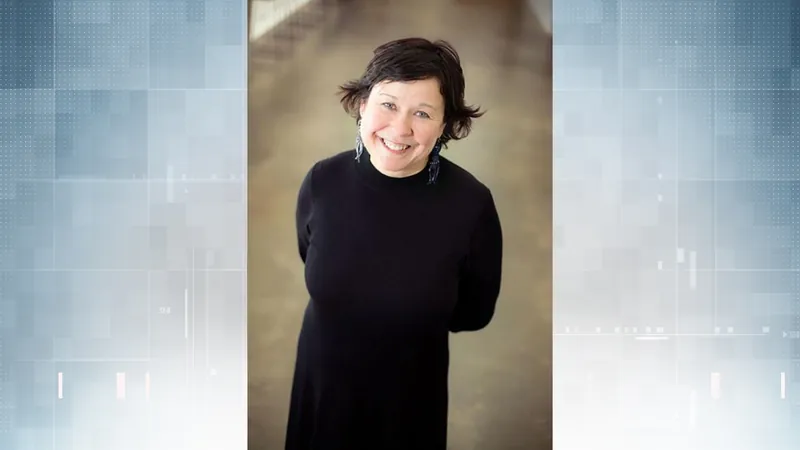
VIU President Resigns Amid Student and Faculty Discontent: What’s Next for Vancouver Island University?
2025-03-27
Author: Liam
In a significant shake-up at Vancouver Island University (VIU), President Deborah Saucier has announced her resignation following mounting pressure from both student and faculty unions. This decision comes in the wake of calls for her resignation that emerged weeks ago, as both groups expressed their concerns regarding the administration's handling of key issues, including budget cuts and a lack of consultations with the university community.
Saucier’s resignation will be effective as of April 4. She has served as the university’s president and vice-chancellor for six years, during which she has overseen important initiatives including the implementation of the school’s first strategic plan and navigating the challenges posed by the COVID-19 pandemic.
In a statement released Thursday, Saucier reflected on her time at VIU, stating, “It has been an honor to serve as president and vice-chancellor. I’m incredibly proud of what we’ve accomplished together. I count myself fortunate to have worked with a community so dedicated to VIU’s mission.” She also noted that this decision allows her to step back, focus on family, and take some time for personal reflection.
In response to her resignation, Emily Huner, the current chief financial officer and vice-president of administration, will take on the role of acting president. This transition comes at a critical time, as the university faces scrutiny over its management and future direction.
Recent controversies surrounding Saucier's leadership included significant service cuts, among them the cancellation of a proposed Child Care Centre, which has been a point of contention highlighted by Maggie Velisek, director of the VIU Students’ Union. Velisek explained that the issues raised are part of a broader pattern of administrative decisions that have increasingly alienated the student body.
The sentiment of dissatisfaction was echoed by the VIU Faculty Association, which conducted a non-confidence vote that yielded a staggering 86% response rate against the administration. Faculty Association President Gara Pruesse expressed that the concerns were not merely responses to the ongoing challenges but a reflection of a deeper disconnect between university leadership and the academic community.
The university community now faces a pivotal moment as it enters a new chapter following Saucier's departure. Stakeholders are eager to see what direction the acting president will take and what measures will be implemented to address the concerns raised by students and faculty alike. This resignation has sparked a larger conversation about governance and accountability within educational institutions, raising questions about how universities can better engage their communities in decision-making processes.
The impact of Saucier's exit may resonate across the region, as VIU plays a crucial role in higher education in British Columbia, especially in fostering Indigenous relations and enriching student experiences. The future leadership will need to focus on recalibrating priorities to align more closely with the needs and expectations of the students and faculty, ensuring a more inclusive and collaborative environment moving forward.

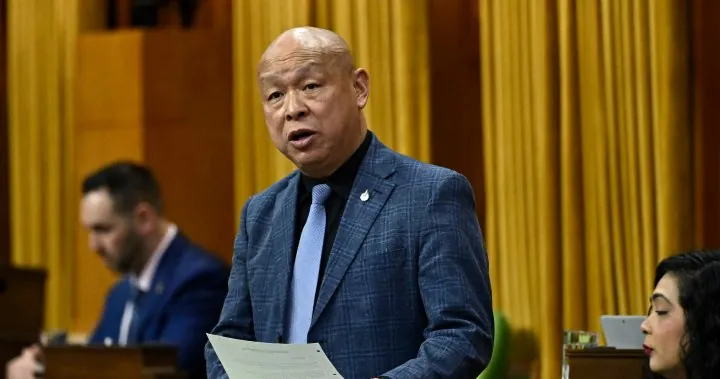

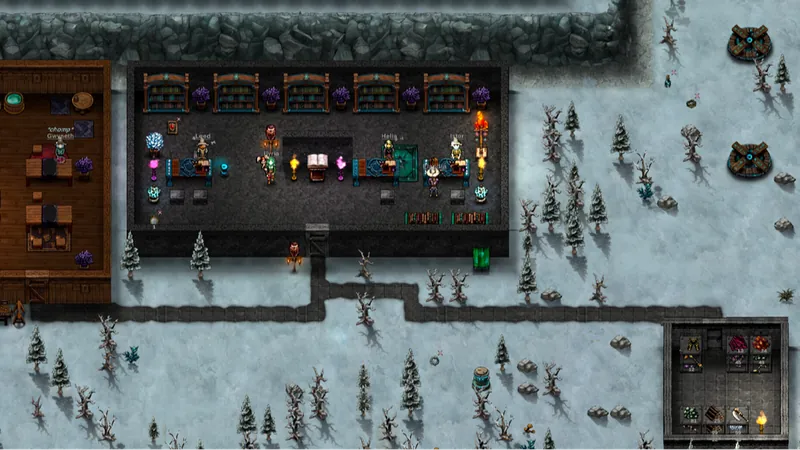
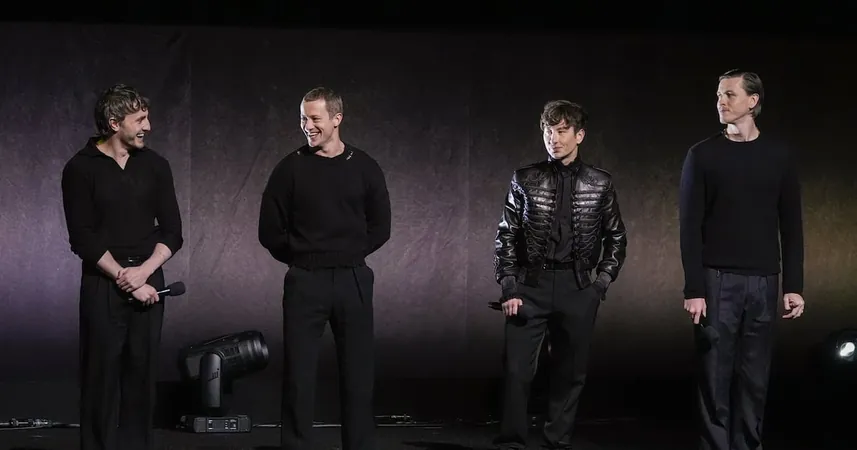

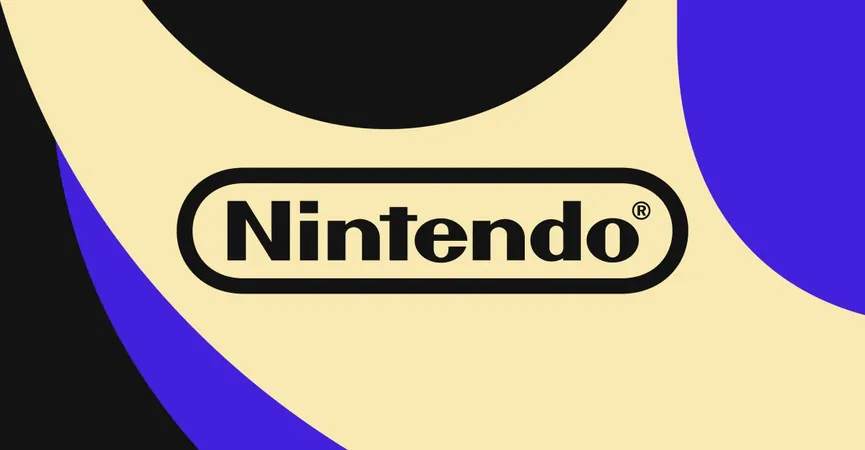
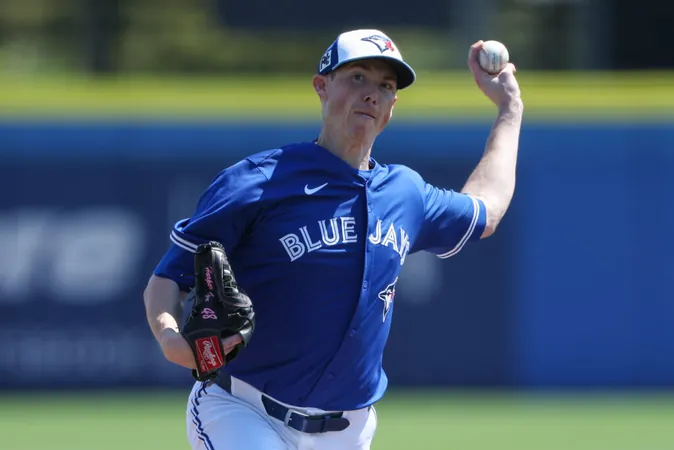
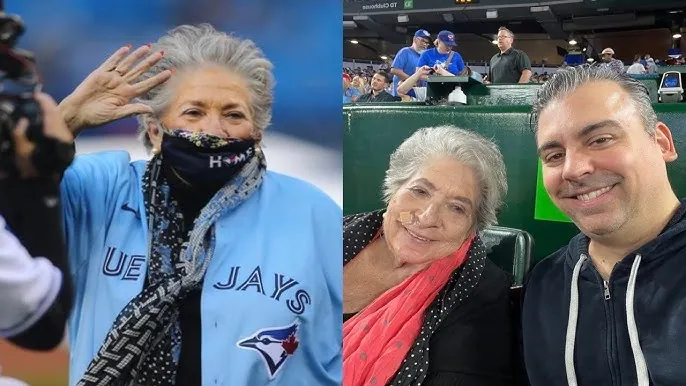
 Brasil (PT)
Brasil (PT)
 Canada (EN)
Canada (EN)
 Chile (ES)
Chile (ES)
 Česko (CS)
Česko (CS)
 대한민국 (KO)
대한민국 (KO)
 España (ES)
España (ES)
 France (FR)
France (FR)
 Hong Kong (EN)
Hong Kong (EN)
 Italia (IT)
Italia (IT)
 日本 (JA)
日本 (JA)
 Magyarország (HU)
Magyarország (HU)
 Norge (NO)
Norge (NO)
 Polska (PL)
Polska (PL)
 Schweiz (DE)
Schweiz (DE)
 Singapore (EN)
Singapore (EN)
 Sverige (SV)
Sverige (SV)
 Suomi (FI)
Suomi (FI)
 Türkiye (TR)
Türkiye (TR)
 الإمارات العربية المتحدة (AR)
الإمارات العربية المتحدة (AR)